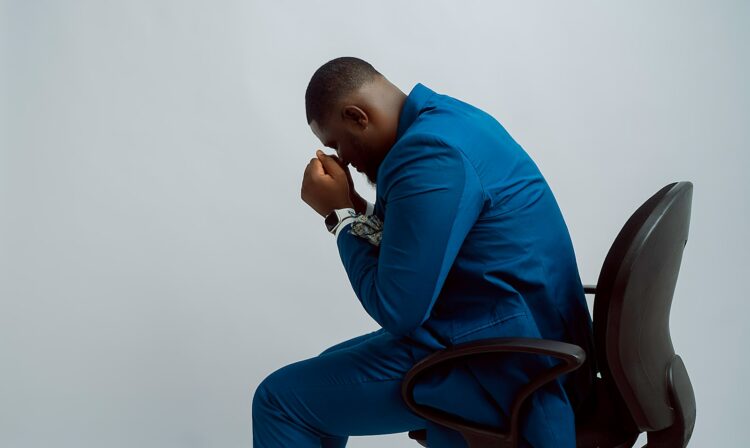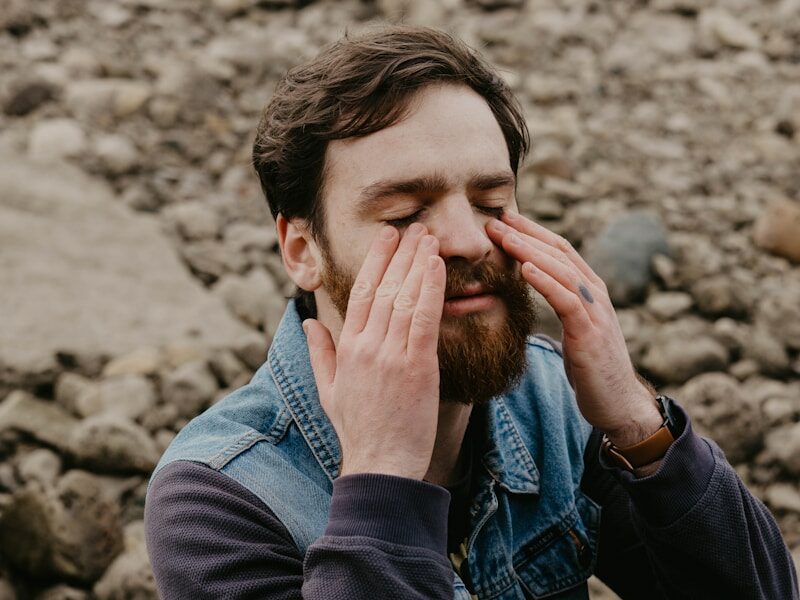
Friendships can be tricky to navigate, especially as we grow older. Sometimes, the people we consider friends might not have our best interests at heart. It’s important to recognize the signs of a toxic or one-sided friendship so you can protect your emotional well-being and invest in relationships that truly matter. Here are ten signs that your so-called friend might not be as genuine as you think.
They’re always too busy for you.

If your friend constantly cancels plans or is never available when you need them, it might be a red flag. True friends make time for each other, even when life gets hectic. If you’re always the one initiating hangouts and they rarely reciprocate, it could be a sign that they’re not prioritizing your friendship. Pay attention to patterns – occasional busyness is normal, but consistent unavailability speaks volumes about their commitment to the relationship.
They only reach out when they need something.

Does your friend only contact you when they need a favor or want something from you? This could be a sign of a one-sided friendship. A real friend should be there for you in good times and bad, not just when it’s convenient for them or when they need your help. Notice if they disappear after you’ve done them a favor, only to resurface when they need something else. Genuine friendships involve mutual support and interest in each other’s lives.
They gossip about you behind your back.

If you find out that your friend has been spreading rumors or talking negatively about you to others, it’s a major sign of disloyalty. True friends should have your back and defend you, not tear you down when you’re not around. This behavior shows a lack of respect and trustworthiness. Be wary of friends who share others’ secrets with you – chances are, they’re doing the same with your personal information.
They’re constantly critical of you.

While constructive criticism from a friend can be helpful, constant negativity is a red flag. If your friend always seems to find fault with your choices, appearance, or achievements, they might be projecting their own insecurities onto you. Real friends should lift you up, not tear you down. Pay attention to how their comments make you feel – if you’re constantly doubting yourself after interactions with them, it might be time to reevaluate the friendship.
They’re competitive instead of supportive.

Healthy competition can be fun, but it’s not a good sign if your friend seems to turn everything into a contest or tries to one-up you constantly. True friends celebrate your successes and support your dreams, rather than trying to overshadow or outdo you at every turn. Watch for subtle signs of competitiveness, like downplaying your achievements or always trying to shift the spotlight onto themselves when you’re sharing good news.
They don’t respect your boundaries.

A genuine friend should respect your personal boundaries, whether they’re emotional, physical, or related to your time and energy. If your friend constantly pushes your limits, ignores your “no,” or makes you feel guilty for setting boundaries, it’s a sign that they don’t truly respect you. Pay attention to how they react when you express your limits – a real friend will understand and adjust their behavior, not try to manipulate or pressure you into discomfort.
They’re never there for you in tough times.

When life gets hard, true friends show up. If your friend is nowhere to be found during your difficult moments but expects you to be there for all of theirs, it’s a sign of an unbalanced friendship. Real friends offer support, comfort, and a listening ear when you need it most. Notice if they make excuses to avoid helping you or seem disinterested when you’re going through challenges.
They make you feel drained after spending time together.

Pay attention to how you feel after hanging out with your friend. If you consistently feel exhausted, stressed, or negative after spending time with them, it might be a sign that the friendship is toxic. Healthy friendships should leave you feeling uplifted and energized, not drained and depleted. Reflect on your emotional state after interactions – do you feel good about yourself and the time spent together, or are you left feeling anxious or insecure?
They’re always the victim.

If your friend constantly plays the victim and never takes responsibility for their actions, it can be exhausting and frustrating. A true friend should be able to admit when they’re wrong and work on personal growth. Chronic victimhood can lead to manipulation and emotional exhaustion. Watch for patterns of blame-shifting and an inability to acknowledge their role in conflicts. A healthy friendship involves mutual accountability and the willingness to learn from mistakes.
They don’t make an effort to know the real you.

A genuine friend should show interest in your life, thoughts, and feelings. If your friend seems disinterested when you share personal information or never asks about your experiences, it might indicate that they don’t value getting to know the real you. True friendship involves mutual curiosity and emotional support. Notice if conversations always revolve around them or if they quickly change the subject when you open up.

